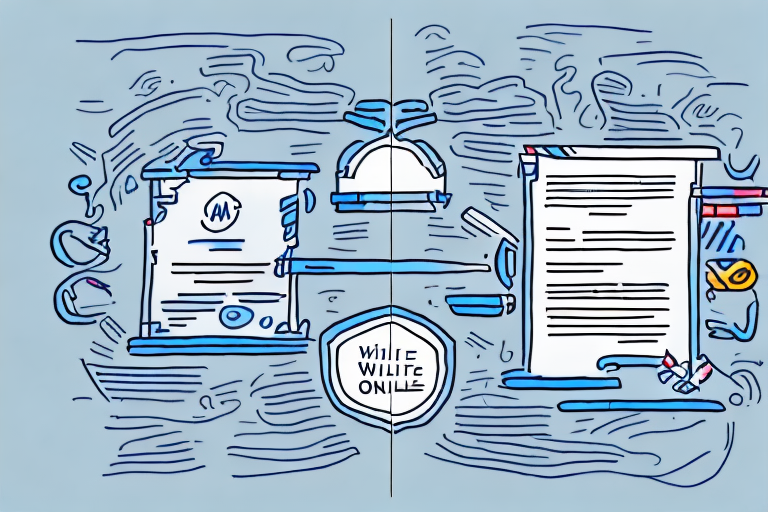Online Wills vs Traditional Wills: A Comparative Study
When it comes to estate planning, creating a will is one of the most important steps. A will ensures that your assets…

When it comes to estate planning, creating a will is one of the most important steps. A will ensures that your assets…

Drafting a will can be a difficult and emotional process, but it is essential for ensuring that your wishes are carried out…